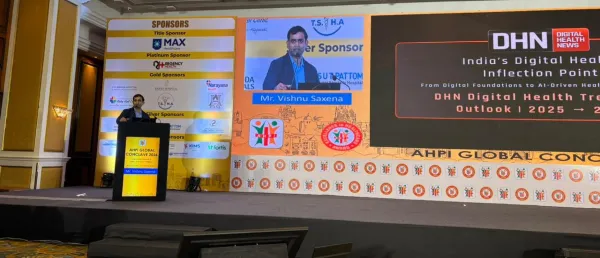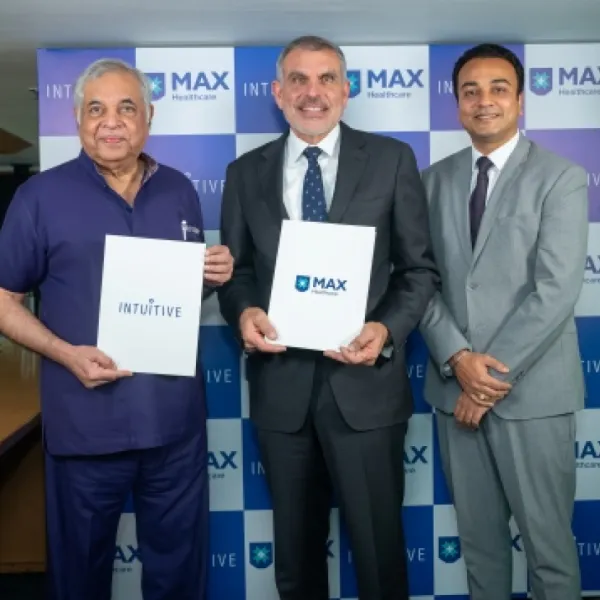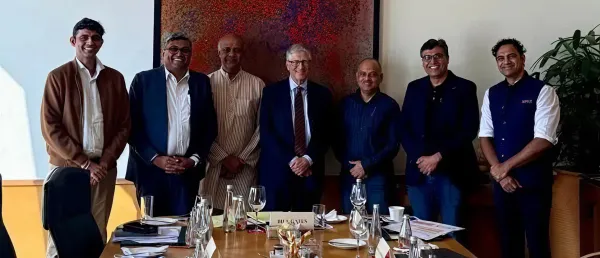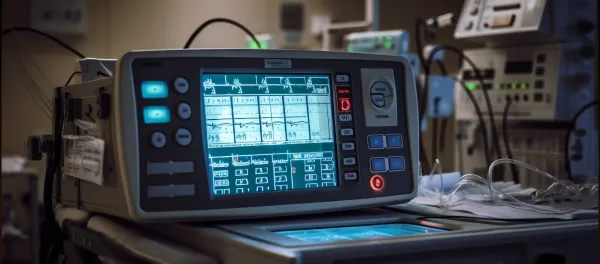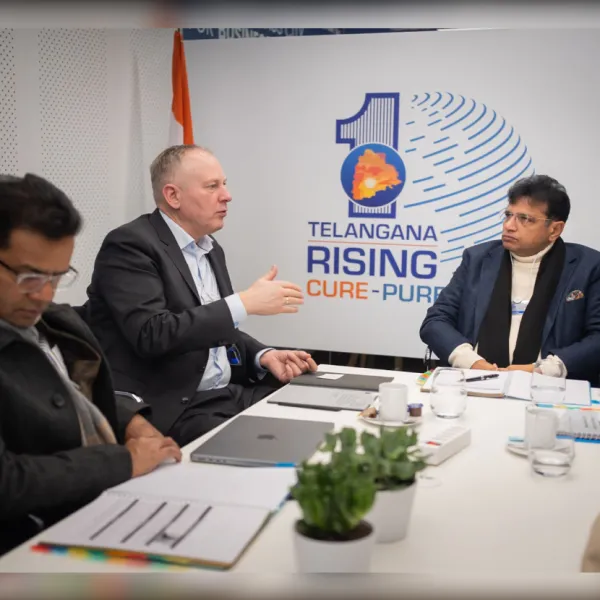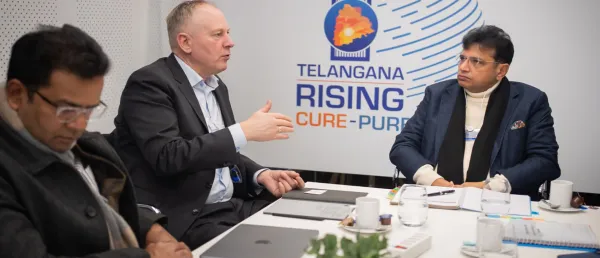WHO to Document Karnataka’s Asha Kirana Eye Care Initiative as Global Model

The assessment, to be carried out independently by WHO at no cost to the state, will document the programme’s processes, outcomes, and key lessons, contributing to global knowledge-sharing in the eye care domain.
The World Health Organization (WHO) has proposed to independently document Karnataka’s Asha Kirana initiative, a community-led eye care program designed to deliver services at people’s doorsteps, as a global model for integrated, people-centered eye health.
In a letter dated June 30 to Harsh Gupta, Principal Secretary, Health and Family Welfare, WHO’s India representative Dr Roderico H Ofrin lauded the state government for conceptualizing and implementing the program “in an exemplary manner.”
“The Asha Kirana initiative embodies IPEC principles by integrating eye care into primary health services and the wider public health system,” Dr Ofrin wrote.
He added that the organization would comprehensively assess the model using its established Eye Care Situation Analysis Tool (ECSAT) and Eye Care Indicator Menu (ECIM).
The assessment, to be carried out independently by WHO at no cost to the state, will document the program’s processes, outcomes, and key lessons, contributing to global knowledge-sharing in the eye care domain. The health body has also requested the state government to nominate a nodal officer to coordinate the documentation process.
Launched by the state government as a doorstep eye care service, the Asha Kirana program has received appreciation for its alignment with WHO’s Integrated People-Centred Eye Care (IPEC) framework.
The initiative integrates eye care into the primary healthcare system, focuses on early detection and prevention, and ensures services reach vulnerable sections through community-based interventions.
“This innovative model represents a significant advancement towards the goal of eliminating avoidable blindness,” the WHO letter said, commending the state’s phased approach to expanding the program.
WHO noted that Karnataka’s Asha Kirana serves as a strong example of how equitable and accessible eye care can be delivered through the public health system, and intends to use the documentation to inform best practices globally.
Stay tuned for more such updates on Digital Health News








